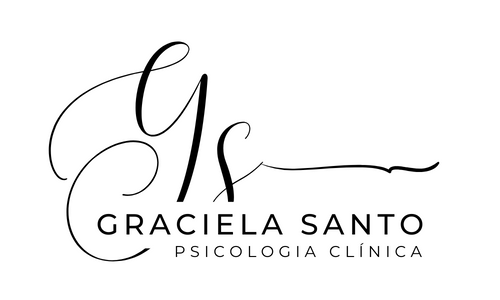
What is Cognitive Behavioral Therapy (CBT)?
CBT is a form of psychotherapeutic treatment that has scientifically proven efficacy and effectiveness in the treatment of Mental Disorders and can provide a reduction in the symptoms presented in a few weeks.
In addition, this approach helps people learn how to identify and change dysfunctional thought patterns that negatively influence their behavior and emotions.
It is an extremely useful tool as it creates awareness of inaccurate or negative thoughts, making it possible to perceive challenging everyday situations clearly and respond to them more effectively.
During the psychotherapeutic process, maladaptive patterns of thought, emotional or behavioral responses are identified and replaced by more adaptive patterns. It is important to note that this is a directive and collaborative approach, where the psychotherapist and client actively seek alternatives and solutions to the demands brought up in session.
Progress
Psych Videos, Cognitive Distortions, Anxiety and Depression
CBT 's Benefits
BT is a very effective psychotherapeutic treatment for many mental health conditions, but it may not be the best approach for everyone. In psychotherapy, we don't work with the idea that one size fits all and it's important to assess whether this therapeutic approach is right for you.
Some examples of the benefits are:
- It helps to develop a healthy self-esteem;
- It helps with relaxation as you learn to respond better to your symptoms;
- It is highly structured, collaborative and problem-solving oriented;
- You learn useful and practical strategies that you can use in your day-to-day life, even after the treatment has finished;
- Focuses on the individual's ability to change themselves and develop more rational thought processes;
- It can be conducted over a relatively short period of time compared to other psychotherapeutic approaches;
- It can be as effective as psychotropic drugs in the treatment of some mental health problems and can work in cases where pharmacological treatment alone has not worked.
Indications
It is a type of treatment that has been shown to be useful for people suffering from conditions such as:
- Panic Disorder
- Depression
- Hardship moving abroad
- Relationship challenges
- Stress
- Sleep-related problems;
- Anger management
- Stress management
- Anxiety disorders
- Bipolar Disorder
- Escoriation disorder
- Post Traumatic Stress Disorder
